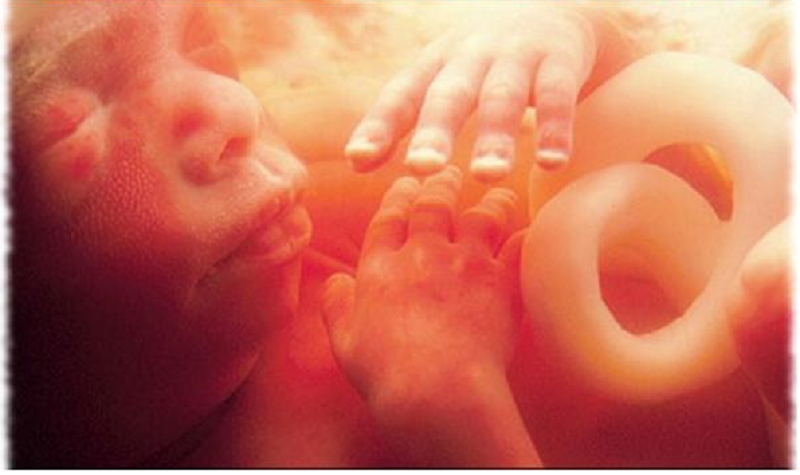A 10-year-old Argentinian rape victim and her 32-week unborn baby will be spared from the dangers of a late-term abortion.
The country’s laws prohibit abortions except in cases of rape or risk to the mother’s life. In the young girl’s case, however, doctors said the abortion is not possible because the girl is so far along in her pregnancy, International Business Times reports.
Authorities believe the girl was impregnated by her 23-year-old uncle who lived in the family’s home in Mendoza, Argentina, according to the report. Police said they arrested the man on Friday.
The girl’s parents said they were not aware of the abuse, which police said occurred multiple times. The parents took the girl to a hospital last week after she began complaining of severe stomach pain; and doctors discovered she was 32 weeks pregnant – nearly full-term, the report states.
Mendoza District Attorney Alejandro Gullé said the parents did not notice the pregnancy earlier because their young daughter is heavy set. He said the family is trying to decide whether to make an adoption plan for the baby.
SUPPORT PRO-LIFE NEWS! Please help LifeNews.com with a donation
The report does not go into detail about the doctors’ reasons for rejecting abortion, but it is likely that they think a late-term abortion will be too risky for the young girl. Late-term abortions can be deadly for the mother as well as her unborn child.
In July, a court in India also rejected a late-term abortion request from a 10-year-old rape victim’s family, saying the abortion was too risky for the young girl. The girl was six months pregnant.
A late-term abortion procedure usually is done over multiple days and involves injecting poison into the womb to kill the unborn baby and then inducing labor to expel the dead baby’s body. Late-term abortions have a high risk of hemorrhage, lacerations and uterine perforations, future miscarriages or premature births, as well as death for the mother as well as her unborn child.
At 32 weeks, an unborn baby is nearly fully developed and is viable outside the womb. Currently, doctors consider viability to be about 24 weeks, though new research indicates that more very premature babies are surviving even earlier outside the womb.








